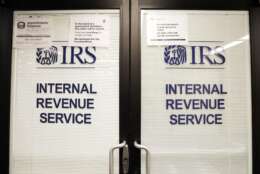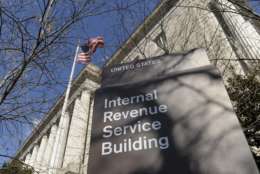Your Turn
-
When it comes to the smartest investors in the nation, which group of people or professions would you pick?
October 20, 2021 -
What’s a TSP investor do? Plan ahead and don’t panic is what most of the pros say. But knowing what you should do during the next stock market crash and doing it are two very different things.
September 15, 2021 -
Is it safe to put your retirement nest egg in the never-has-a-bad-day (or many good days) G fund? Or go for the stock index or L funds which go up and down but mostly up in recent years?
September 08, 2021 -
Whatever the reason, whether your life is a bed of roses or a getting-worse-nightmare, there are things you can do now to insure what you leave will go to who you want.
September 01, 2021 -
With inflation on the rise, a growing number of feds are crunching the numbers to weigh the financial benefits of working another year or two.
August 25, 2021 -
By avoiding some common mistakes, you can prepare yourself for a much easier retirement.
August 18, 2021 -
If you work for the government or are retired from it, you almost certainly have an estate. And it is probably more extensive than you think.
July 28, 2021 -
A handful of strategies exist for TSP investors when the stock market expects to see a sharp decline.
July 21, 2021 -
It is possible to work for Uncle Sam long enough to get and qualify for benefits and an annuity, but still leave government earlier.
July 14, 2021 -
Few things are more daunting than being audited by the Internal Revenue Service. And they are likely becoming more frequent. But you can take steps to make sure you're in the clear.
July 07, 2021 -
When it comes to being a savvy, successful investor, your typical federal bureaucrat may leave other professions in the dust.
June 23, 2021 -
Not a lot of things can be more of headache than being audited by the IRS. While it's unlikely to happen, you can take steps to keep yourself in the clear.
June 09, 2021 -
If reading or hearing the news has become more depressing each year, there is good news for the federal family. Finally.
June 02, 2021 -
You probably have an estate whether you have given it much thought. Take some time to make a plan. It could save you and your family lots of money and heartache.
May 26, 2021 -
By working another two years, an employee earning $80,000 per year can boost their retirement income by almost $30,000.
May 19, 2021














